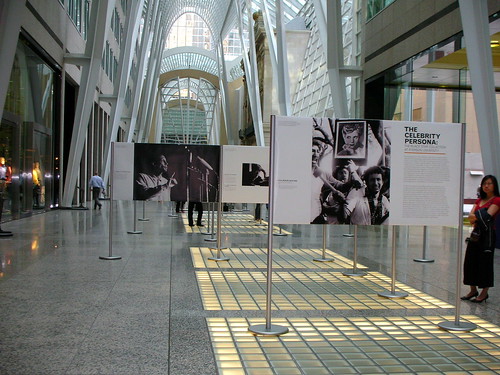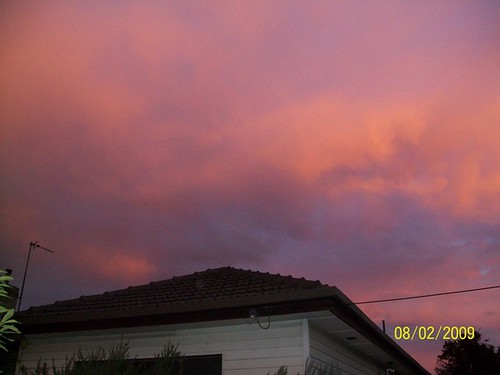The biggest impact the web and the Internet has had on society can be described using one word: "social". Social computing, social networking, social software, social media – the list goes on. The ability for humans to connect sounds simple, but it’s literally shaking up entire industries. With the rise of mass collaboration however, there has been the creation of a new class of denizen.
Social melebrities
Social media is a broad-based buzz word now becoming mainstream, to describe technologies that enables many-to-many communication between humans. A defining characteristic of social media is that it’s a public discussion. It’s like having a conversation with someone around a water cooler and the people sitting nearby join in on the conversation. Although the message is directed to one specific entity, that same message can be seen by people not originally intended to get the message.
Enter the social melebrity: a social media celebrity. They are people aware of how others can see their message, and consequently, modify their behaviour accordingly.
The problem with social melebrities. As someone becomes more engaged in "social media", a natural fact that emerges is that you become better known. People will subscribe to your content and communications, which in turn creates this sense of self-importance. It implies if people are watching you then therefore you are influential.
An externality of this process however is arrogance. It feeds into the day-to-day language of people, and creates unhealthy behaviours. Like the obsession of people getting more followers on a site like Twitter, is really a symptom of someone chasing for influence to feed their insecurity that they somehow matter.
Extending Twitter as the casestudy,
– most people that follow you are spam and inactive accounts. That growing number of followers doesn’t mean anything. That’s not influence.
– Most people that use Twitter have a job. That means, they cannot physically track every Tweet and at the same time be productive. In other words, if they are people that are doing amazing things in this world, they haven’t got time to track everything you say all the time. That’s not influence.
Remind yourself that you’re unique – just like everyone else. Once you delve into this world, just assume you are going to get a lot more exposure of your personal brand. Good on you if you do – but remember, it doesn’t matter. Real influence comes from the types of people that follow you, not from the amount of people that follow you (and following can vary in itself depending how how engaged they are in you). There’s no easy metric to determine "real" influence or reach, but there’s a lesson in that nevertheless: drop the arrogance. You might be famous now – but so is everyone else.



